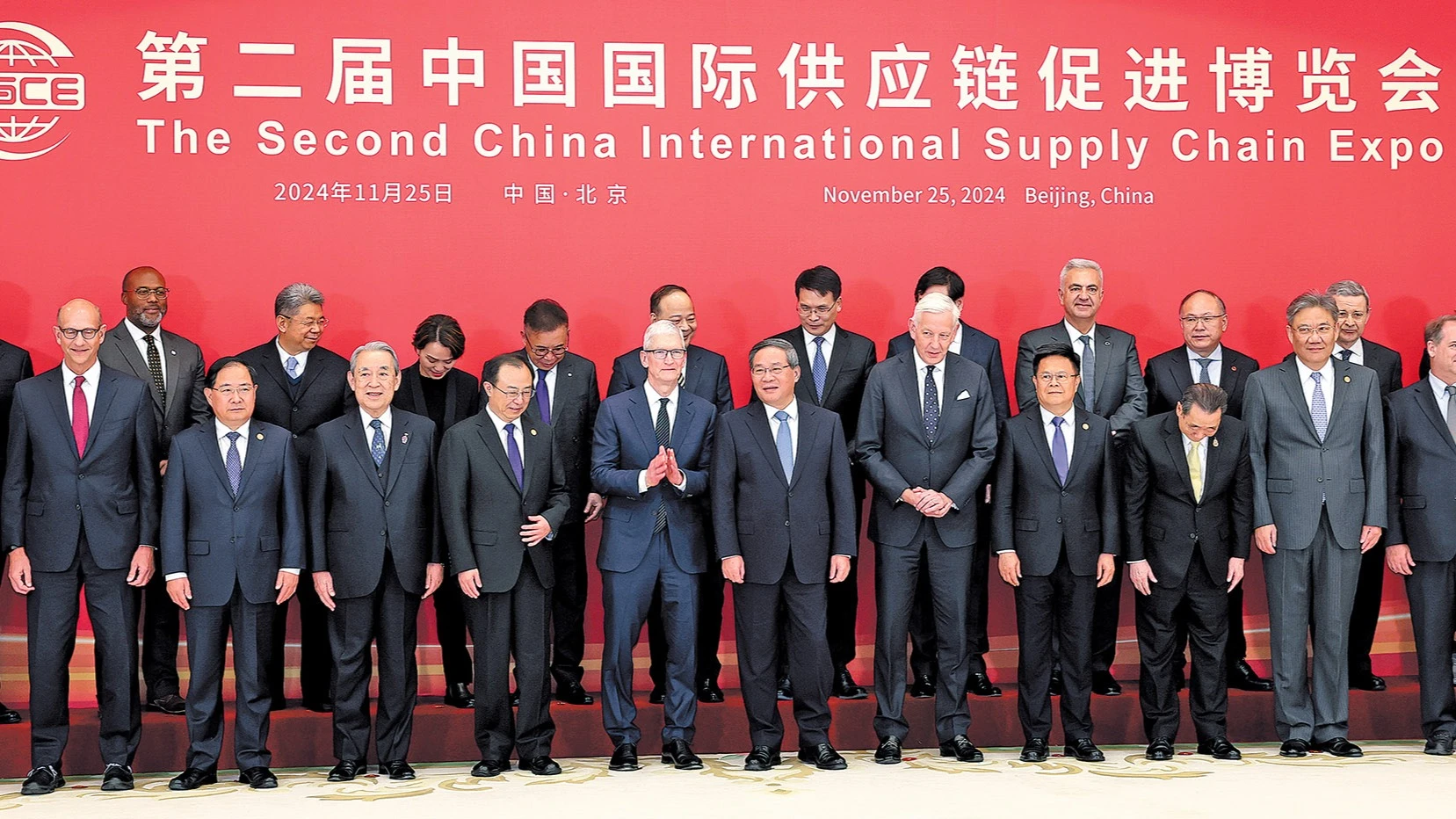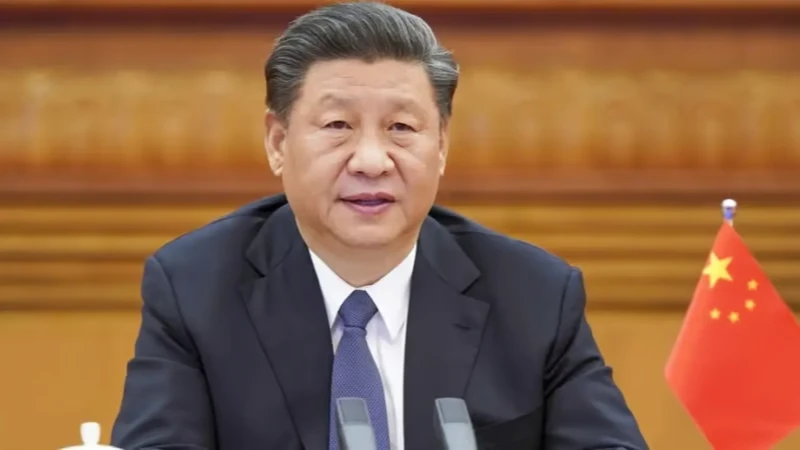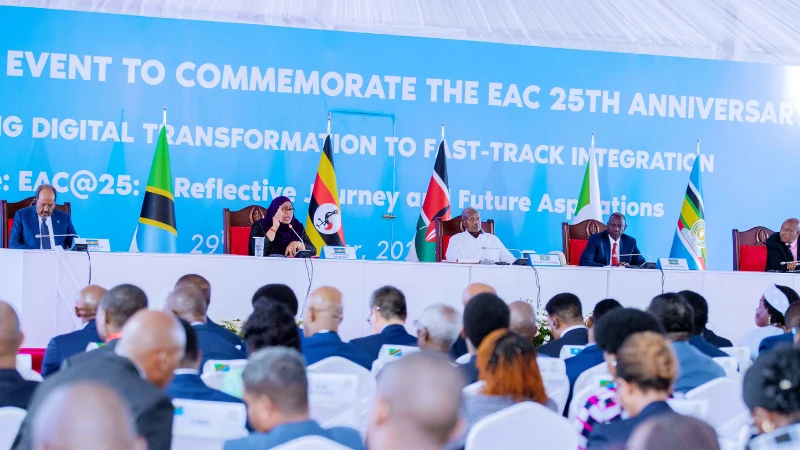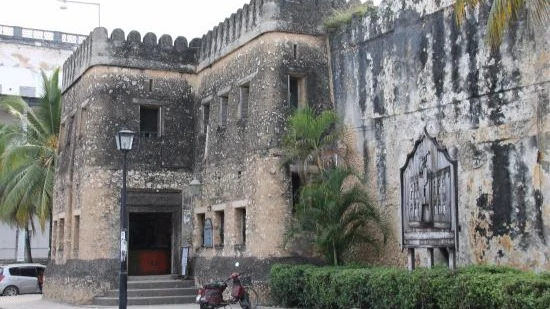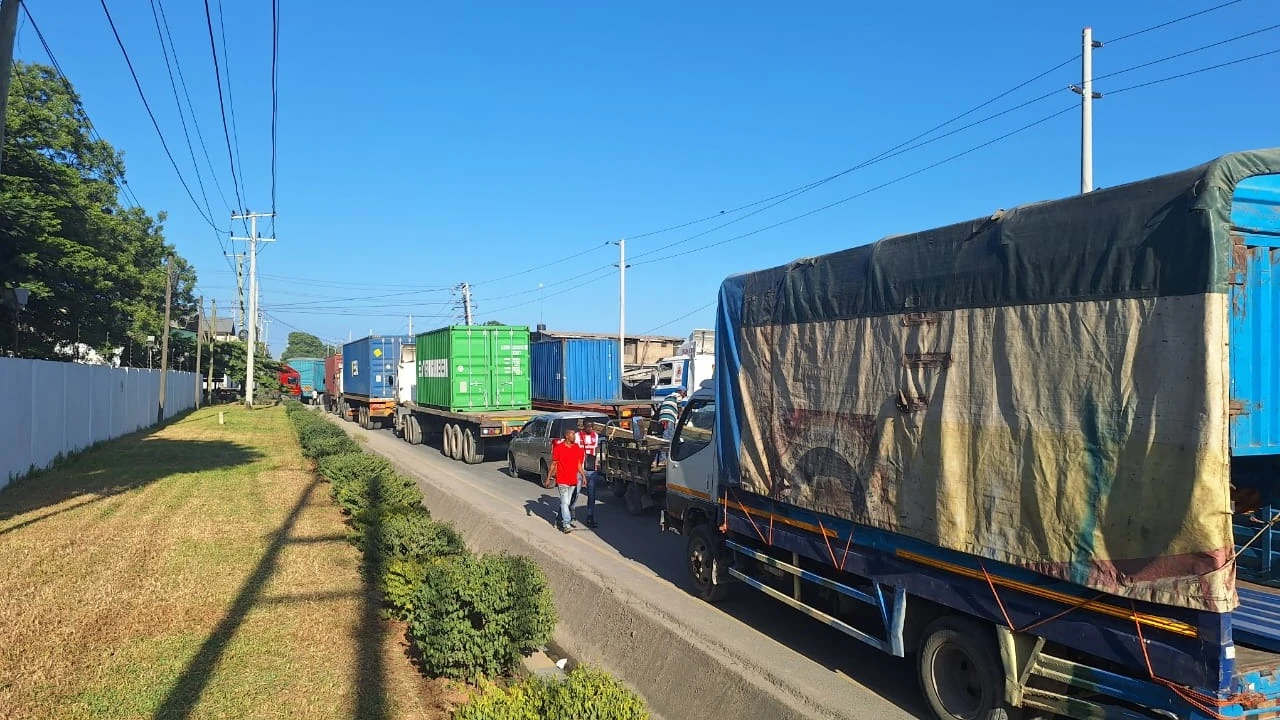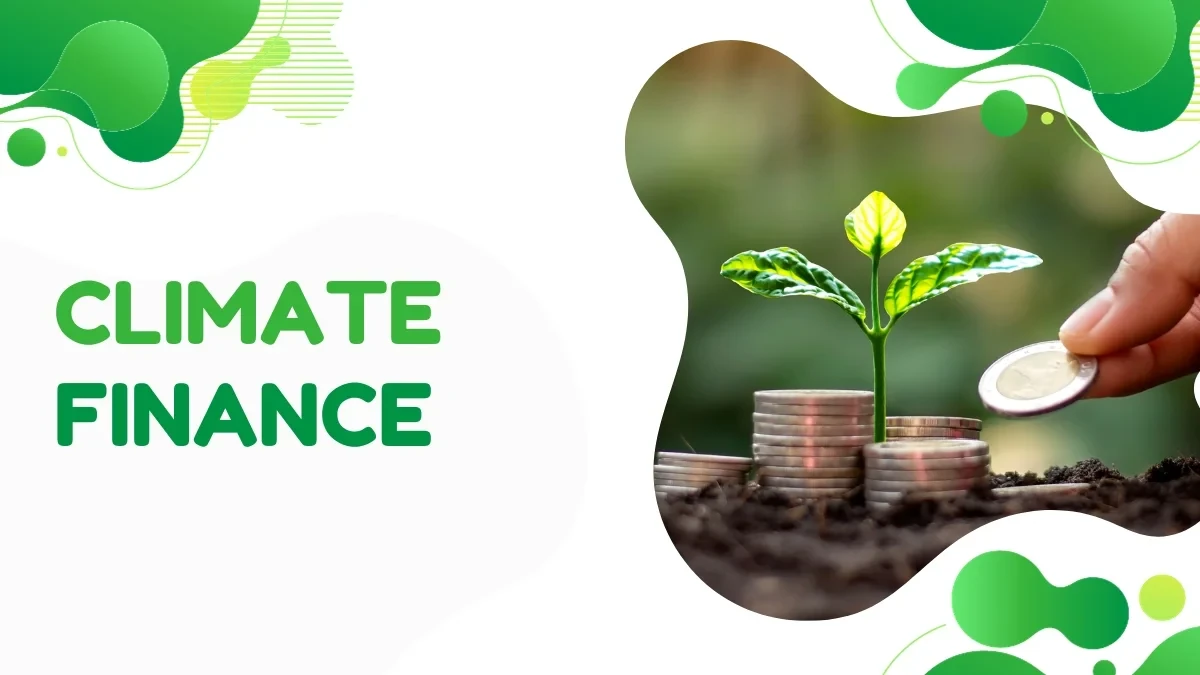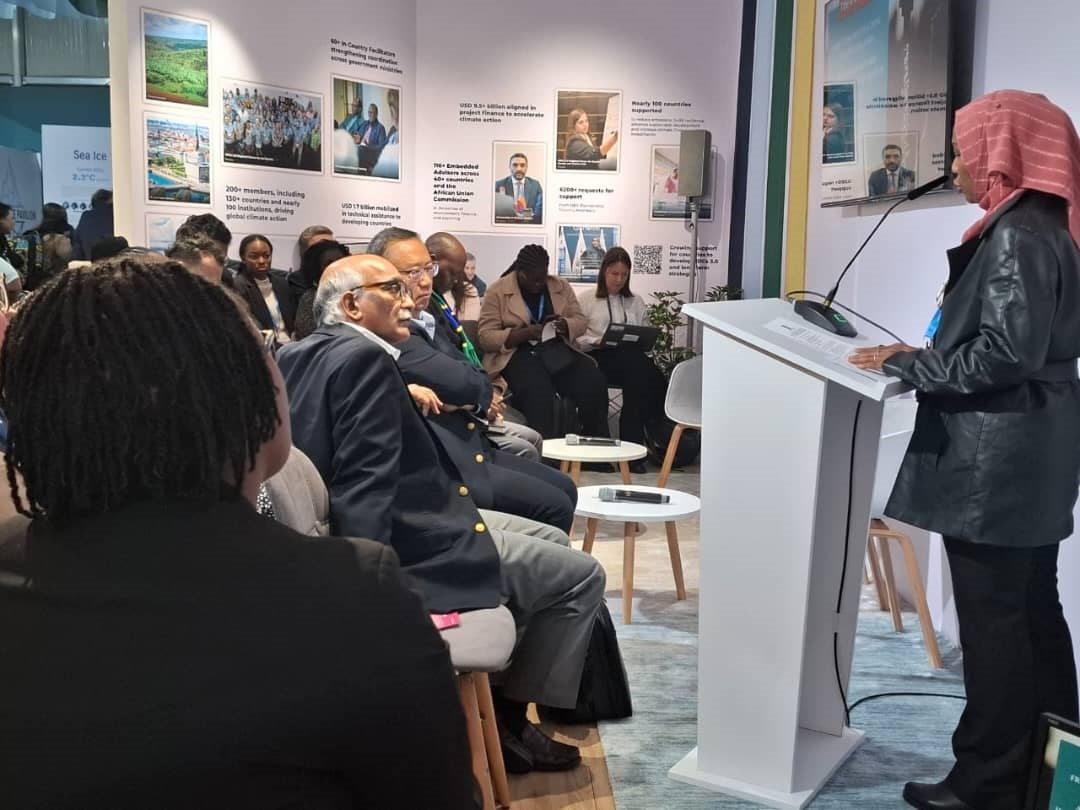Govt vows continued support for private sector

Deputy Minister of Industry and Trade, Exaud Kigahe (pictured), reaffirmed the government’s commitment to fostering private sector growth, stating that the administration will continue to support industries with incentives to stimulate economic contributions through tax revenue, job creation, and technology transfer.
Kigahe made these remarks during a visit to Serengeti Breweries Limited (SBL) by the Parliamentary Committee on Industry and Trade, which was assessing industrial progress in Dar es Salaam.
The committee's chairman, Deodatus Mwanyika, highlighted that the visit was key to understanding challenges within the industry and supporting initiatives that align with Tanzania's broader economic goals.
Mwanyika noted, “Our visit to SBL is a significant step in promoting policies that drive revenue growth, boost local production, and enhance economic resilience.”
Mwanyika said the government vision is to ensure competitive industrial sector, as stipulated in the national development vision.
The committee’s objective was to gain insight into issues facing industries, with plans to consult stakeholders to establish a more conducive environment for local industry expansion. This is expected to help drive Tanzania’s economic transformation and build a self-reliant economy.
SBL’s Managing Director, Obinna Anyalebechi, called for a more predictable tax framework that would encourage investment.
He expressed concern over the current excise tax policy, which he argued favors certain players and hinders industry growth. Currently, an excise tax concession of 620/- per liter applies only to beer made from local malt, while imported malt beer is taxed at 918/- per liter, a disparity that disadvantages smaller producers like SBL and East African Spirits Limited.
“Our smaller production volumes don’t justify the investment in a local malting facility,” Anyalebechi explained.
He proposed an intermediate tax band of 680/- per liter for beers with 75 percent local content to encourage broader industry participation.
According to the MD, the proposed rate will stablilise the price of beer and carter for abrupt consumption of informal alcohol and might led into the reduction the retail price by 26 percent per litre.
The company also warned that the tax disparity could result in price increases and a potential rise in illicit alcohol production.
Emphasizing the importance of supporting local sourcing and agriculture, Anyalebechi argued that this approach, rather than imposing additional taxes, would contribute sustainable revenue growth while maintaining industry stability and consumer affordability.
The brewery company estimates that such supportive measures could boost annual government revenue to 71.8bn/-.
Top Headlines
© 2024 IPPMEDIA.COM. ALL RIGHTS RESERVED











